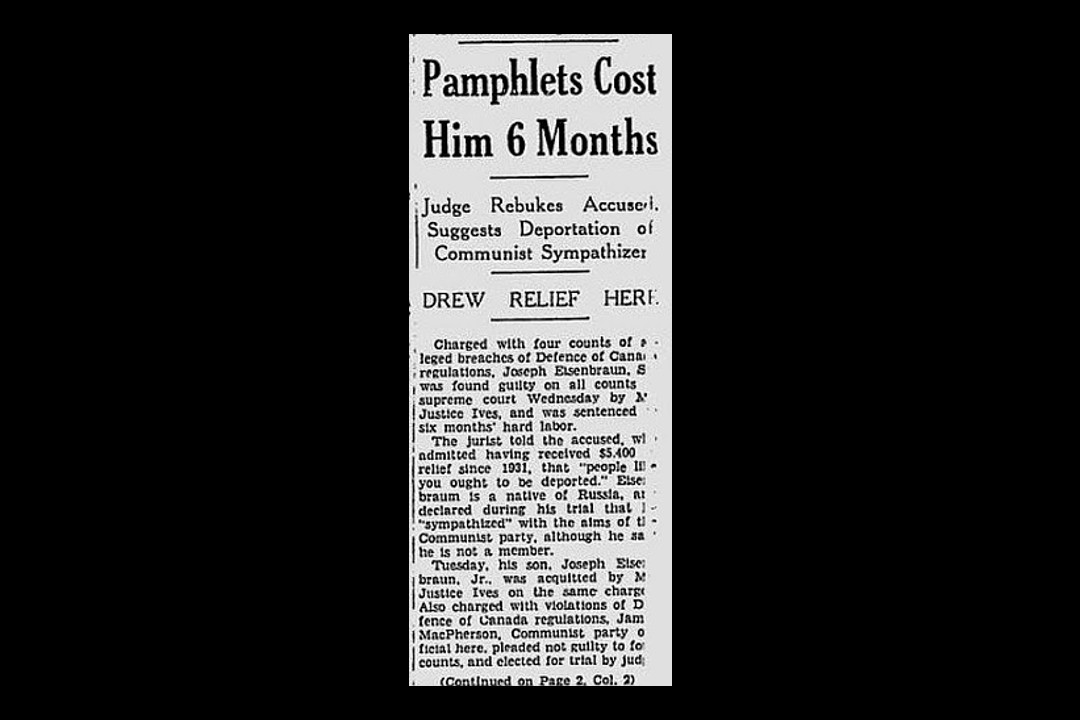
Valley Line shelters give riders cold shoulder
Passengers on Edmonton's months-old $1.8 billion Valley Line LRT system have not been able to use many of the heated and accessible shelters at stations, features that have "never worked properly from day one," according to one observer.
That same rider posted that the issue becomes increasingly unacceptable during extreme weather, such as the cold snap in mid-January. "And now, at -30, it's particularly ridiculous," they wrote on Jan. 11 when temperatures hit 50-year lows.
Ryan Birch, Edmonton Transit Service's director of operations, said those responsible for fixing the shelters recognize the challenges. "TransEd is aware of the issues regarding shelter doors and heaters at some Valley Line Southeast stops, and their maintenance staff continue to conduct repairs as quickly as possible," Birch told Taproot. "It is believed that most of the issues are the result of vandalism."
Under the public-private partnership between TransEd and government partners that include the city, TransEd will operate and maintain the southeast portion of the Valley Line until 2050.
Birch said heater and door controls have had "protective covers and other components (that) were removed by members of the public." Additionally, some sliding doors at shelters were pushed or pulled off their tracks.
TransEd began testing the shelter issues in November. During this testing, they found malfunctioning heaters as well. The heaters have been fixed but the door issues persist. "While most operational issues were addressed (in November), TransEd staff continue to respond to vandalism incidents as they occur," Birch said. "Should these issues continue, TransEd and the city will collaborate on a long-term solution."
Riders gain access to the station shelters by pressing a button that displays a wheelchair. The shelters are an important accessibility feature and this aligns with the city's Corporate Accessibility Plan.
That plan, endorsed by council in 2019 and in place since 2021, helps the city measure how well it implements the Accessibility for People with Disabilities policy. The Valley Line design pre-dates the 2019 plan, said Yogi Subramonian, co-chair of the city's corporate accessibility working committee.
Still, Birch said "accessibility was an important component" in the Valley Line's design. "These stops are designed with clear sight lines, open structures, and accessible connections to the street," he said.



